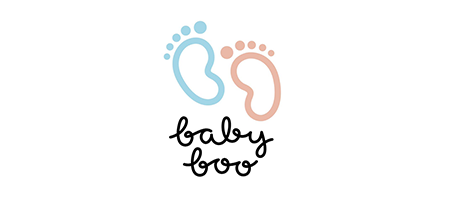




Marieme and Ndeye each have a sticker on their faces: a butterfly for Ndeye, and a green smiley face for her twin sister. They giggle as they take them off and stick them back on; then Ndeye decides it’s their dad’s turn, placing the smiley face over his right eye.
“Ndeye is the lively one, she likes attention, and Marieme is a quieter personality – calm and thoughtful,” said Ibrahima Ndiaye, the twins’ father. “Ndeye is fire and Marieme is ice.”
Their behaviour – and their differences – are typical for three-year-old twins, but Marieme and Ndeye are not typical at all.





The sisters are conjoined: they have separate brains, hearts and lungs, but share a liver, bladder and digestive system, and have three kidneys between them.
Ndiaye brought his daughters from Senegal to Great Ormond Street hospital (GOSH) in London at the age of eight months after a desperate search for medical help. Over the past two and a half years, he and the hospital have wrestled with an agonising decision about whether to go ahead with a surgical separation that Marieme would not survive, but that could give Ndeye a chance of a reasonable life. Without a yseparation, both will almost certainly die.





The dilemma is the focus of a BBC documentary, The Conjoined Twins: An Impossible Decision, to be broadcast on Monday. It follows the deliberations of the hospital ethics committee, during which clinical and lay members, along with Ndiaye, navigate existential questions presented by scientific and medical advances.
“Decisions are much more complex than they used to be,” said Joe Brierley, a consultant paediatrician and chair of the ethics committee. “We can do unbelievable things compared to 20 or 30 years ago. But just because we can, it doesn’t always mean we should.”











